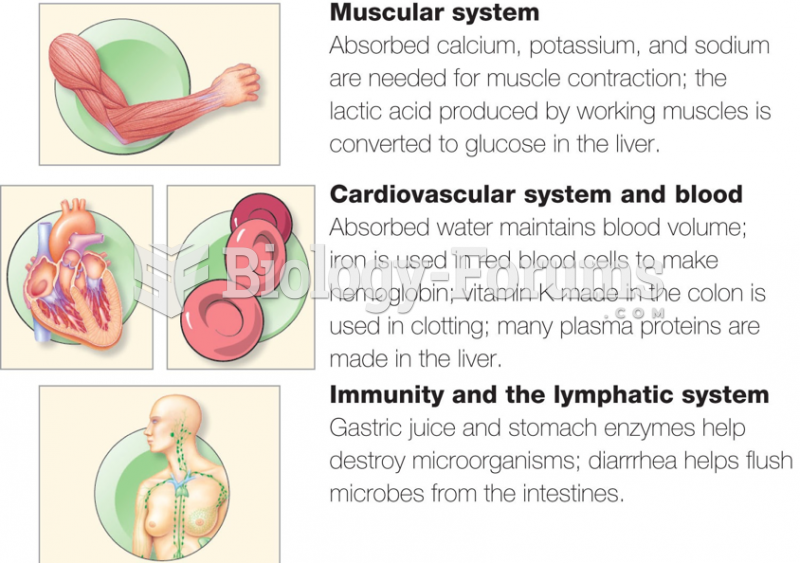Answer to Question 1
Wash Hands: the skin is our outer protective layer that gives us a first line of immune defense against infectious agents. Get Immunized: for tetanus, diphtheria, and pertussis (Td/Tdap), the human papillomavirus, varicella (chickenpox), zoster (shingles), measles, mumps, rubella. Get Sufficient Sleep: evidence is mounting that one of the restorative functions of sleep is to regulate the immune system. Exercise: strengthening the immune system is one of many benefits of physical exercise. Eat Healthy: the idea is to give your body the nutrition it needs to maintain and repair immune system cells. Seek Treatment for Clinical Depression: it is now well documented that major depressive disorder is associated with many immunological changes. Avoid Known Immune System Suppressors: such as cigarette smoke and excessive alcohol intake.
Answer to Question 2
The human immune system employs two major strategies, which we can call the one-two punch of cellular immunity and humoral immunity. The first punch, cellular-mediated immunity involves the NK cells, the granulocytes (e.g., neutrophils), the macrophages, and T cells quickly localizing to the site of injury or infection and in the process of inflammation either engulfing (phagocytosingthe Pac Man strategy) damaged endogenous cells along with invading exogenous antigens or releasing toxic substances (e.g., poison dart strategy) to harm them. This type of immunity is governed by a certain type of T cell known as a Type 1 T helper (Th1) cell.
Macrophages play a major role in triggering the immune system by releasing communication molecules called cytokines and stimulating the production of T-helper cells. The Type 1 T helper (Th1) cells then partner with the macrophages to maximize their killing efficiency. The Th1 cells also produce cytokines that activate the NK cells and the cytotoxic T cells.







